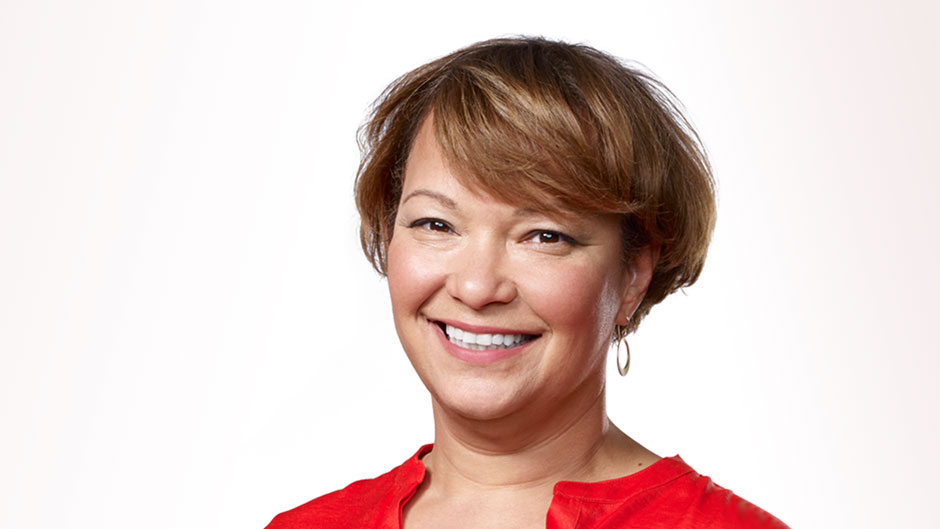In the third and final virtual lecture of “Beyond COP26: What Businesses Must Do,” Lisa Jackson, Apple’s vice president of environment, discussed the tech company’s long-standing commitment to sustainability issues in her conversation with the University of Miami Patti and Allan Herbert Business School.
“At Apple, we make amazing products that we hope enable people to live better lives and be more creative,” Jackson said.
She noted that the fact that Apple hired her—a former environmental regulator—demonstrated the company’s commitment to sustainability as a first principle of its operations.
Jackson, who headed the U.S. Environmental Protection Agency (EPA) and spent 20 years in the public regulatory sector before joining Apple, spoke with Ioannis Ioannou, a visiting associate professor of management from the London Business School, and David Kelly, professor of economics and academic director of the Master of Science in Sustainable Business program. Dhananjay Nanda, vice dean of faculty research, opened the conversation.
As the first African American to head the EPA, Jackson prioritized expanding outreach to communities historically under-represented in environmental action, a focus she has continued to pursue with Apple.
In her talk, she highlighted Impact Accelerator, an Apple initiative that provides customized training and coaching for Black, brown, and Indigenous-owned businesses that want to be in the clean energy and sustainability space.
Asked to assess the recent Climate Change Conference (COP26) in Glasgow, Scotland, Jackson explained: “The private sector cannot do this alone, we absolutely have to have government leadership,” she said.
Jackson pointed out that Apple has already committed to become carbon neutral by 2030 and continues to expand that effort “outside the proverbial four walls of Apple” for customers to use clean energy to power their devices.
She highlighted Apple’s Restore Fund, a $200 million investment in forestry projects in partnership with the Conservation Initiative and Goldman Sachs, that seeks to remove carbon from the atmosphere while generating financial return for investors.
The initiative is indicative of the company’s workplace culture that strives to resolve challenges and encourages new ideas—even those such as “why don’t we buy our own forests?”.
Jackson was insistent about dispelling the myth that sustainability and business success cannot go hand in hand.
“It’s important to constantly challenge people on this ingrained notion that I can’t do well from a sustainability perspective and do well as a company,” Jackson said. “At Apple, if I had to point to one thing that defines us, we get pretty jazzed at proving that assumption wrong.”
In her recommendations to students seeking to enter the sustainability field, she urged them to “bring your whole self to work,” to seek out first jobs that provide maximum learning opportunities, and to be patient yet also willing to challenge assumptions.
She laughed and admitted that, even at Apple, the response to a new idea may sometimes be “we can’t do that, it costs too much, or that’s crazy.”
“Challenge that, don’t just accept it. Say, ‘not so much’ and go and get some data, do your research,” Jackson urged. “You may be working with a way of operating that’s based on a set of assumptions from 1940 or 1950 and those assumptions are absolutely no longer founded. You have to go back to challenging assumptions, and you can make a real difference.”

